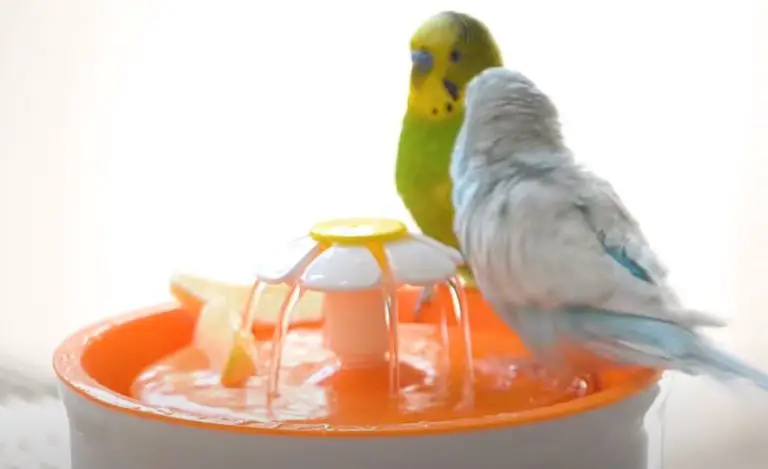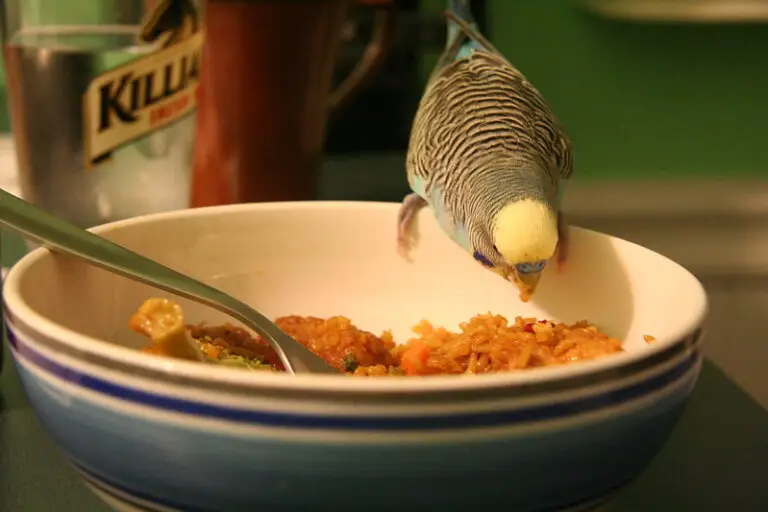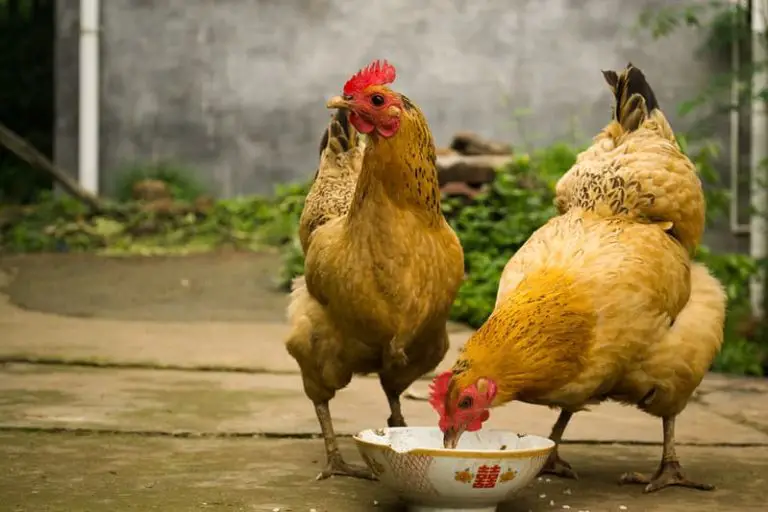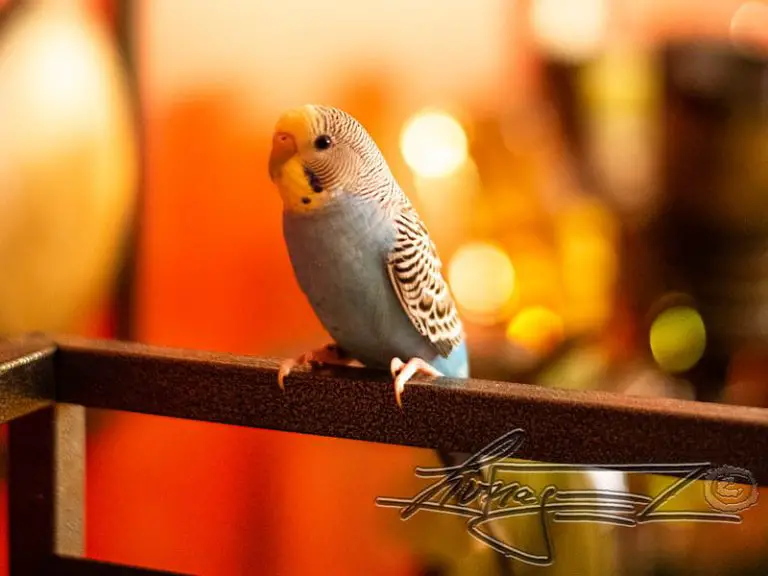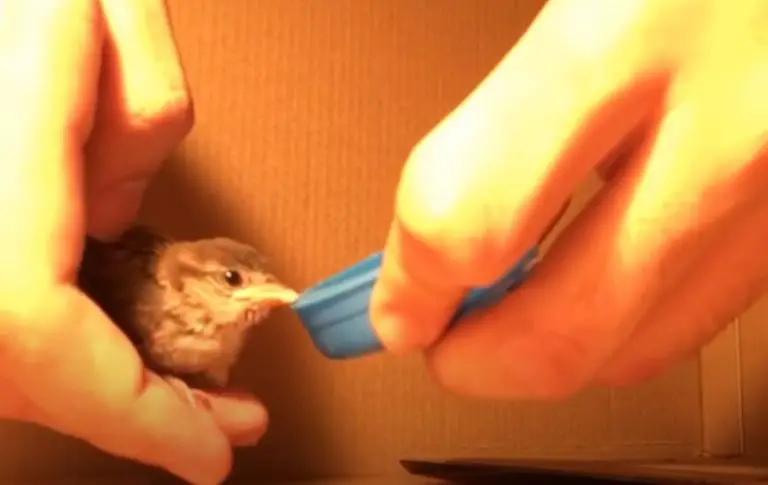Can a Chicken Raise a Duckling? (Differences to be Considered)
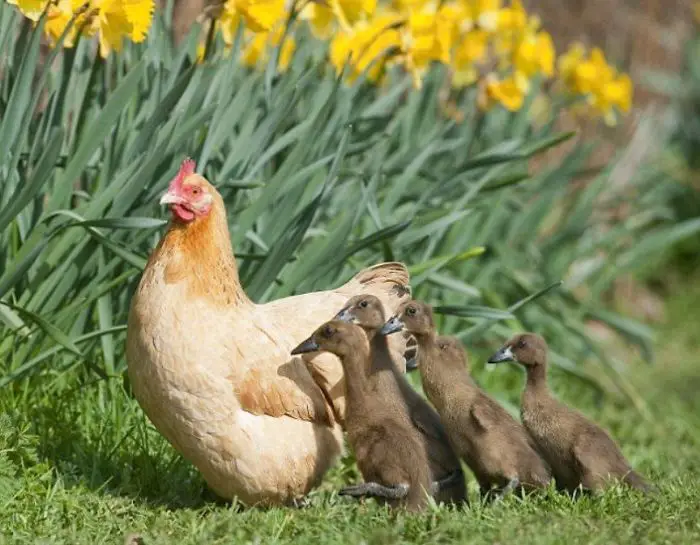
Can a chicken raise a duckling?
It is a very common situation to see in the same farm chickens and ducks living together and for different situations it could be the case that a hen has to raise a duck.
A duck can be raised by a chicken, However, certain considerations must be made, especially when it comes to food and environment. Ducks suffer from deficiency symptoms when raised on chicken feed. In contrast, chickens tolerate duck and goose feed without any problems.
Each type of poultry needs its own special feed, so the age of the animals must also be taken into account. Other types of poultry can be fed with duck and goose feed, but deficiency symptoms can appear over time.
That is also the reason for separate breeding and maintenance, even if compatibility with each other must be considered.
Then there is the health aspect. This also favors keeping the offspring separate. Finally, one species of poultry pecks and collects the droppings of the other species. What chickens don’t care about, for example, can be a problem for turkeys and ducks. Or the other way around.
Differences in egg incubation between the hen and the duck
On the positive side, a mother hen’s maternal instinct is very strong, the difference in size between a hen and a duck is not overwhelming and the hen can generate enough heat to hatch the duck eggs.
In ducks, a female can incubate between 4 and 12 eggs, so the average number of young ducks is 8, in hens the number of eggs to incubate is very similar.
However, a mother hen can incubate her eggs for 21 days, however, duck eggs usually take more than 30 days to hatch.
This difference in days must be taken into account in the case of having a hen incubating her eggs at the same time and also duck eggs.
Ideally, the duck eggs should be placed on top of each other or distributed in such a way that they do not fall below the other eggs of the hen.
A water duckling could be a problem for the chicken’s environment
Another characteristic to keep in mind is that ducks are waterfowl unlike chickens, ducks from a very young age will instinctively start to get into the water by themselves.
If you want a hen to be able to raise a duck, ideally it should be in a dry environment with good dimensions, say some 20 M2. For smaller or less dry stables, separate housing is better.
Ducks bring a lot of moisture into the stable. A high relative humidity is a burden for the chickens in the long run. At the same time, ducks, being “water mud animals”, are unhygienic. The germ density would increase alarmingly in a shared environment, which increases the risk of salmonella.
There is another aspect to take into account and it is related to a hen hatching a duck egg, special care should be taken in this case if you have a pond nearby.
Instititively a duck hatchling will try to enter the water when released outdoors and encounter a pond of water, this is dangerous for a duck being raised by a hen because the duck does not have the oleaginous protection in its feathers.
This protection is given by their mother duck in the first days to prevent them from sinking easily and drowning, then their feathers will develop on their own.
Differences in feeding
As the duck grows, it will surely be tempted to give the same food as the hen to the duck to make things easier, but this is not appropriate.
Laying hens, which produce more eggs per year, need a lot of calcium for the formation of eggshells.
Laying hens’ flour contains a lot of calcium, but it is not suitable for ducks and can harm them. On the contrary, commercial feeding of ducks would mean too much energy or too much fiber for the hens. Hens and ducks have different feeding requirements.
It would be better to feed ducks and hens separately. At the same time, it must be ensured that the animals do not go to the wrong feeding places. If the animals get used to spatially separating feeding places and feeding at the same time, the worst can be avoided.
Differences in communication
Chickens have their own communication system that involves their chicks as well. Chickens communicate with each other by emitting different types of sounds, for a duck to understand these sounds and calls would be like speaking in another language.
For example, the hen will make a calling sound for her chicks whenever she finds a particular food for them, like an insect. In that case, it is a special call that all the chicks run out to the exact spot where the food is.
Also when incubating, it communicates with the chicks before hatching by emitting a continuous purr and cluck.
The chicks also have their own language where it is very easy to distinguish three different sounds:
The sound of joy they emit at the mother’s call when she has found an insect, for example, while running fast for the prize.
Also chicks emit a distinctive sound as soon as they perceive that they are in danger, and a different and weaker sound when they are cold. In these two cases they are calling the attention of the mother.
Because for the ducklings this communication with the hen is not innate, they could be at a disadvantage and by default the communication between hen and duck would not be effective at all.

